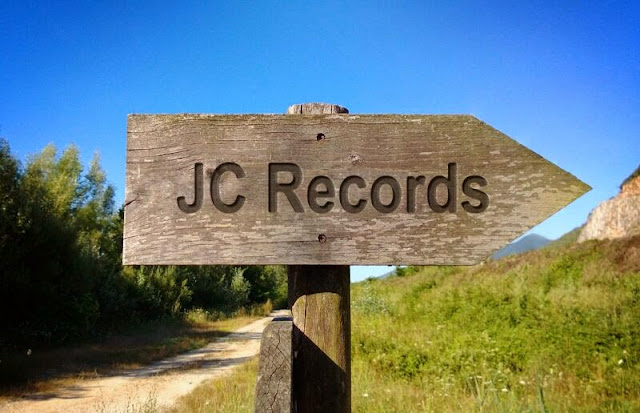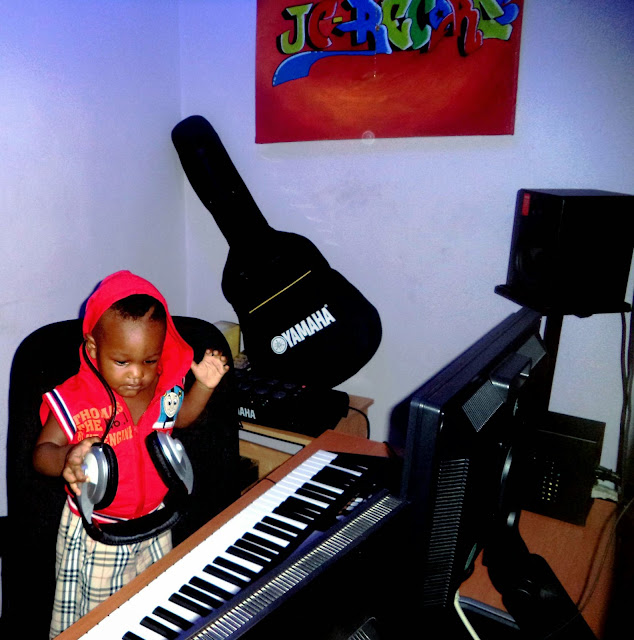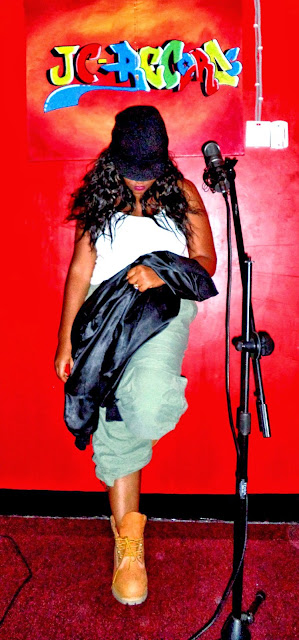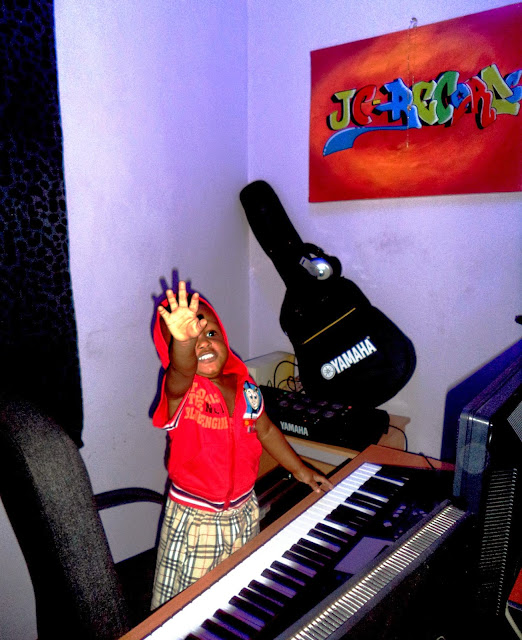Vocal Training: Reasons Not To Do It and Rebuttal.
There are many reasons people choose not to take vocal lessons. In the spirit of good-faith debate, I'd like to offer my rebuttals for some of these reasons I've encountered.
REASON NOT TO:
It costs too much and I'd rather use the money to hire another musician/mixer/soundman/get hair extensions.
REBUTTAL:
I would suggest the prime definition of 'The Music Business' as the selling of sound - more accurately: the selling of messages delivered by sound.
We put time, money and effort into care of our musical instruments, computer software, mixing engineers, cranky musicians, managers, attorneys and bus drivers. But the care and feeding of the voice is many times the last on the list.
So we stay all night up overdubbing studio musicians, rehearsing for our show or hanging out with people after our gig, and at the last minute a nagging thought occurs to us that we should really get some sleep since we've scheduled lead vocals for 10am the next morning.
Then we'll get up too late to eat breakfast so we eat vending machine food and drink cokes for the energy we lack.
When we put together our musical project budget we do not factor in pre-production vocal lessons or a vocal producer, and we book as little studio time as possible to record our vocals (hey, most songs are less than 5 minutes long anyway, how long could it take?!)
We look great but the only vocal contest we could win would be something like the spot on Can You Duet where they needed something truly horrible for viewers to gasp at.
Clearly we need to examine our financial priorities. If you have a vocal career, your voice is your MAIN ASSET.
REASON NOT TO:
It would take too much time to make a real difference.
REBUTTAL:
The truth is, with a great coach, ONE HOUR-LONG LESSON can change your life.
If you can't take the time to come in for lessons because of traveling distance, work or family situations, you can train by vocal training materials available such as my Power, Path & Performance CDs. Even if you never take a lesson, by studying the right materials you can radically improve your vocal abilities. You can also take lessons by phone.
REASON NOT TO:
It will change my natural style.
REBUTTAL:
Vocal training should only enhance natural sound and enable your best performance within your chosen style. With the right training.
The sound of your voice is more resonant, highs and lows not weak, strained or hollow, musically multidimensional and dynamic rather than sterile, numb, with everything sung in one color (even if it's a powerful color) eliciting no emotion. This, I believe is a reason American Idol winners seldom go on to any lasting, artistic success.
Your voice also records way better without having to be unduly compressed.
As to your Style: licks and embellishments are more fluid, precise and easy (and actually possible!), ceiling and floor: highs are not strained, lows are not hollow. You voice doesn't crack unless you're yodeling on purpose.
You should not be able to hear 'vocal training' in a performance, only an emotionally connecting delivery of the material. When a voice is straining, the audience experiences the strain. When you are thin, weak, harsh, tight, hooty, your 'natural voice' has unnatural and unnecessary limitations.
REASON NOT TO:
If people find out, they will think I have vocal problems.
REBUTTAL:
To protect their investment, I know it's been the policy of some major labels to have new artists get their cords scoped at medical facilities specializing in voice. They consider vocal study evidence of the seriousness of the artist towards their craft.
Vocal training is now the norm instead of the exception for professional working voices. It's not something to hide under a rock any more.














